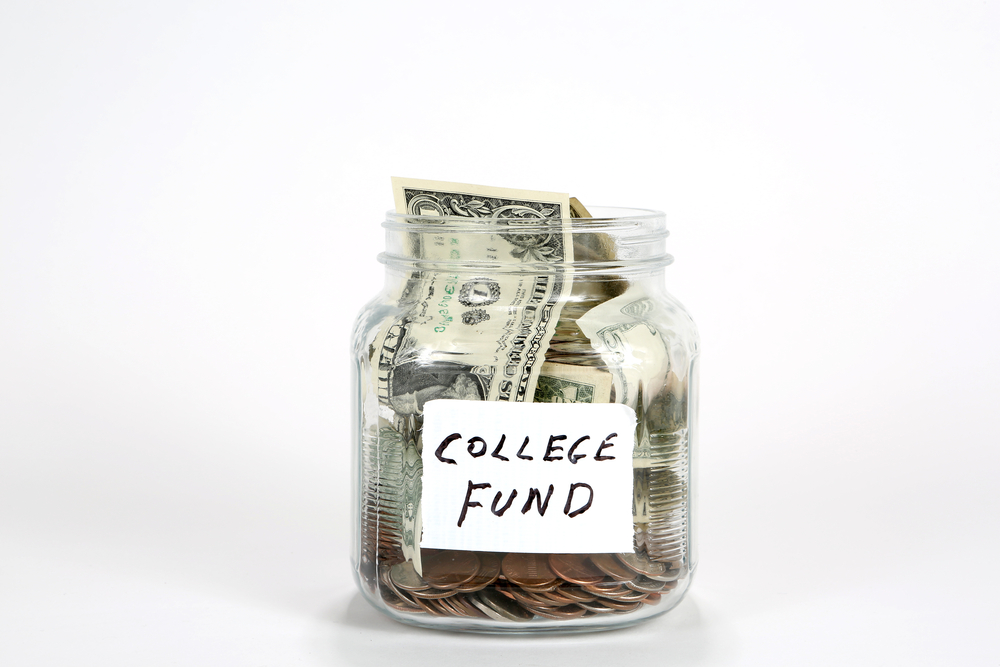How to Handle Finances in College
 College is the ultimate learning experience in a variety of ways. Not only are you taking classes that expand your knowledge in an array of subjects, but you are also in the midst of a life experience that can teach you how to take care of yourself and manage limited resources.
College is the ultimate learning experience in a variety of ways. Not only are you taking classes that expand your knowledge in an array of subjects, but you are also in the midst of a life experience that can teach you how to take care of yourself and manage limited resources.
In particular, learning how to handle your finances in college is invaluable, and is going to come in handy later in life. Here are some tips to remember to keep your money under control while still maintaining a GPA…
Budget every month
In college, finances can be incredibly volatile, as your costs and income can vary, wildly, from month to month. For this reason, make sure that you are creating a budget every single month, and considering what you need to pay for.
For example, if a new semester is about to start, then you need to put away some money in your budget towards textbooks (hopefully, you are buying them used), most likely.
However, that won’t be a cost that you have to incur next month. Budgeting every month gives you practice, and helps you get a clear idea of what your financial situation really is.
Always make payments towards tuition
 If you are in college, then it’s likely that you are paying for school in some form or another. When budgeting and figuring out what to spend money on, always make sure that you are spending at least a little bit on tuition payments, or other school-related costs.
If you are in college, then it’s likely that you are paying for school in some form or another. When budgeting and figuring out what to spend money on, always make sure that you are spending at least a little bit on tuition payments, or other school-related costs.
Even if you aren’t paying for school upfront, it is important to put some money towards school loans. While you may not need to pay for those loans until you graduate and are finished with school, the interest is still going to build before any amount is due.
Paying towards those loans, even if it’s just a bit, makes those loans cheaper, in the long run.
Take care of what you own
When you are a poor college student, the little that you do own should mean a lot more, because it can be quite difficult to replace.
For this reason, it’s important to learn how to take care of and maintain the things that you do own. A major example of this is with your car.
There can be a tendency to avoid doing or paying for maintenance on your vehicle, since it is a cost that can be cut without an immediate effect.
However, doing this reduces the lifespan of the vehicle, and makes it more likely that major damages that cost far more are going to happen.
Even just conducting regular oil changes on your vehicle can help prevent you from paying larger costs, down the road.
Make goals
 One of the most important financial lessons to learn is that nothing is ever going to happen if you don’t make it a priority. Life is too complicated for your goals to be accomplished, casually.
One of the most important financial lessons to learn is that nothing is ever going to happen if you don’t make it a priority. Life is too complicated for your goals to be accomplished, casually.
For this reason, it’s important to make a list of what your financial goals are, and what you can be doing to accomplish them. In college, these goals should start out fairly basic, and be focused around financial needs, such as setting up an emergency fund or getting out of debt.
However, also make sure that you have some goals that are “wants” to keep you engaged and to reward yourself with.
Always look for financial aid
It’s no secret that college can be obscenely expensive, as the costs of education have uncontrollably climbed for decades. For this reason, it’s ideal to pay as little out of pocket for your school as you possibly can.
Going to a school with a good program in a field you want to end up in is likely going to cost an arm and a leg, but you don’t have to pay for it all yourself. Every single month, look at different financial aid options.
There are thousands of scholarships and financial aid programs across the country that open up, every month. Some of these are federal and state programs, while others are private scholarship funds.
If you apply to several of these every month, then you increase your chances of reducing your overall education costs.
Category: College




